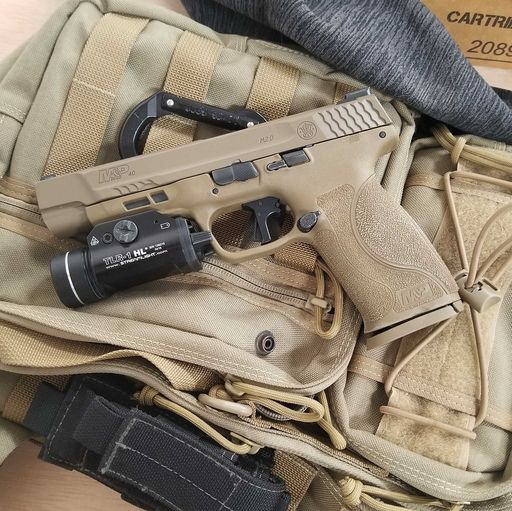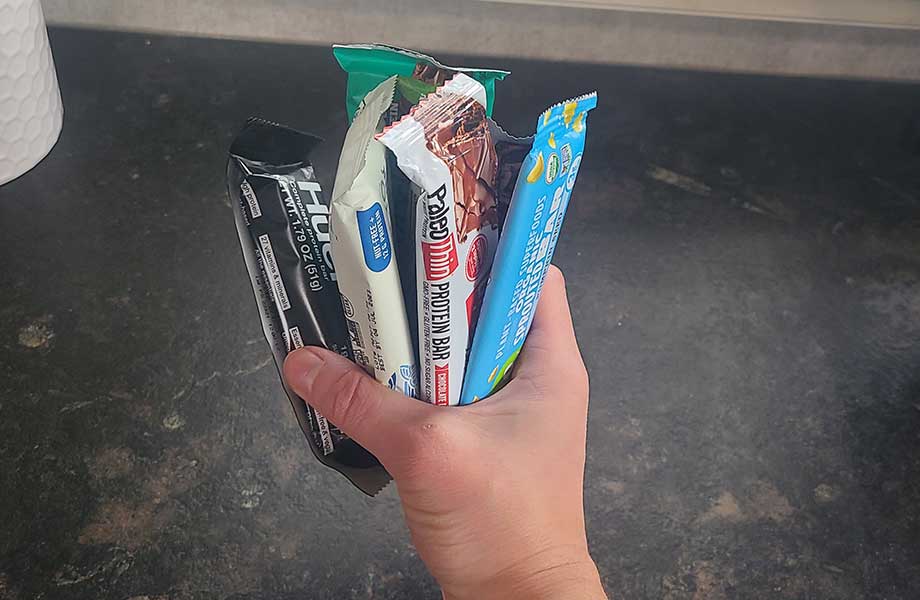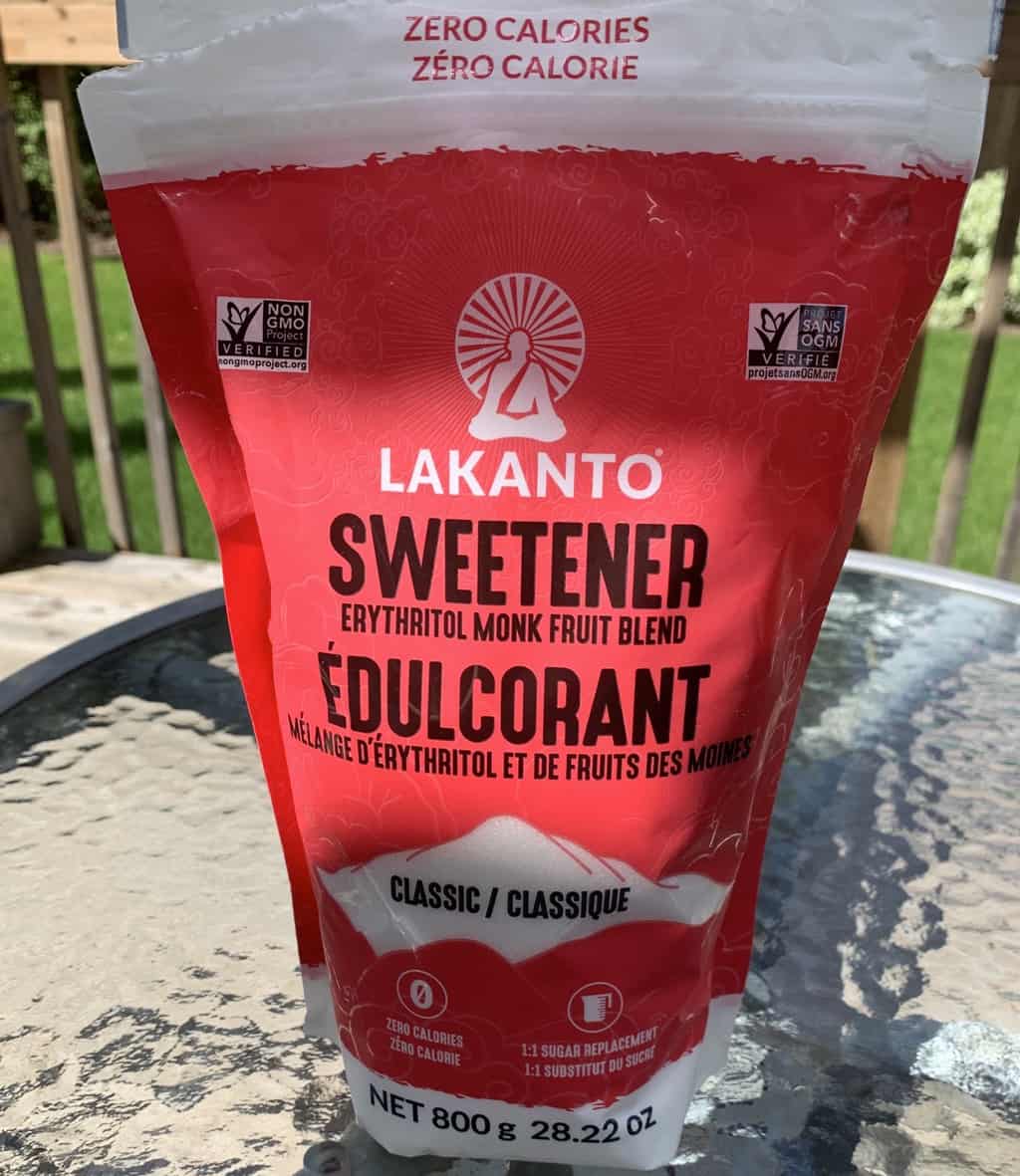To appreciate the benefits of versatile rigid containers, first consider the different sizes, dimensions and weights of blue wrap that are available to meet the various needs of today’s central sterile departments. Most of our trays are wrapped with 48-inch x 48-inch wraps. This is because 20% of our inventory is on consignment, and the vendor trays fit perfectly within those wraps. The standard instrument tray is about 10 inches x 20 inches, and the 48-inch wrap is perfect for that size, too. It covers the tray fully, allowing its contents to remain sterile.
There are also different grades of wrap. The higher the grade, the heavier the tray you can wrap. The lower grade wraps, H100-H300, are mainly used for lightweight and low-profile items such as batteries, cords and small instruments. The heavier grade wraps, H400-H600, are meant for trays filled with more complex instrumentation. Before any tray is reprocessed, the instrument manufacturer’s IFUs must be reviewed. Some manufacturers require SPD to use a lightweight wrap because its thickness makes it difficult for the sterilant to come in contact with the instrument.
At my facility, we use wraps that are blue on one side and white on the other. To allow easier identification of our loaner trays, we wrap them with the white side facing outward. We have well over 2,000 trays in our inventory; imagine searching for a single loaner tray when they’re all wrapped in blue. With our method, white-wrapped trays stick out in the sea of blue wrap. The white and blue contrast also allows the surgical staff to identify pin holes in wraps after opening trays in ORs. When they hold the wrap up to the light, the contrasting colors make it easier to spot holes.
Blue wrap accounts for close to 20% of all operating room waste, according to Practice Greenhealth, which provides healthcare sustainability solutions. The material is recyclable, so train your staff to separate clean blue wrap from regulated medical waste, and make sure the collection and gathering process for recycling is easy to implement and follow.
The more you save by investing in rigid containers, the more money your facility will have to invest in higher-quality care.
The lifespan of reusable rigid containers is another major benefit that allows you to avoid the expense of working with blue wrap and manage the multi-step process involved in recycling it. Properly maintained containers should last at least seven years before they need to be replaced.












